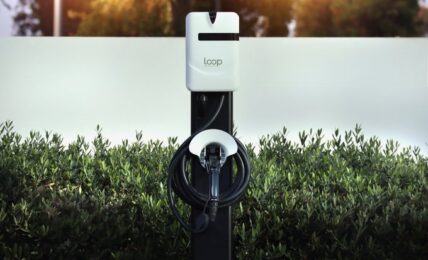Circular economy-focused startup Circular.co, announced today that it has raised $10.5 million, with proceeds from the financing aimed at scaling its sustainable sourcing platform for recycled materials.
Launched in 2022, California-based Circular provides digital tools connecting buyers and suppliers in order to search, source and exchange recycled materials, aimed at helping manufacturers address challenges – availability, price and consistent quality – to adopting sustainable materials. The company’s platform includes a database of post-consumer recycled (PCR) materials, a marketplace connecting buyers and sellers, supply chain tools for managing testing and logistics, and emissions measurement tools to increase the total value of using PCR.
According to the company, Circular provides access to over 9,000 global suppliers with over 50,000 PCR technical records codified using artificial intelligence (AI), and it handles the searching, sourcing, vetting, and onboarding process for its customers, reducing the time it takes to find PCR materials for sustainable manufacturing. The company sourced 35,000 tons of post-consumer recycled material in Q4 2023.
Ian Arthurs, Founder and CEO of Circular said:
“Armed with our data, buyers and suppliers make faster and smarter business decisions and simplify their process to get sustainable materials into production now.””
The new financing includes a $5.3 million round, backed by Maniv, Oxygea, and Eclipse, which followed a $5.2 million seed round led by Eclipse. Circular said that it will use the funding to grow its team, expand to additional sustainable materials, add companies and suppliers, and expand the functionality of its platform.
Eclipse Partner Aidan Madigan-Curtis said:
“In a world where procurement and product teams are expected to reimagine their supply chains almost overnight, Circular is the only single-pane-of-glass solution that can streamline the vendor identification, supplier qualification, specification standardization, quality assurance, and logistics to create consistency of supply, price, and quality to make PCR possible.”


